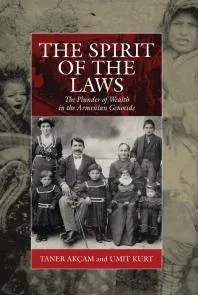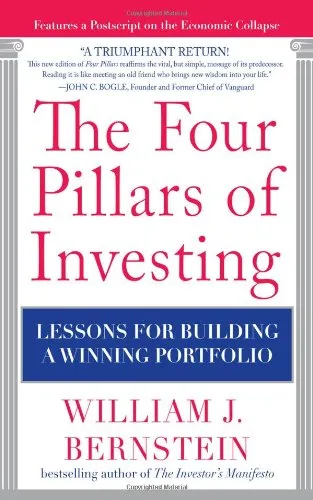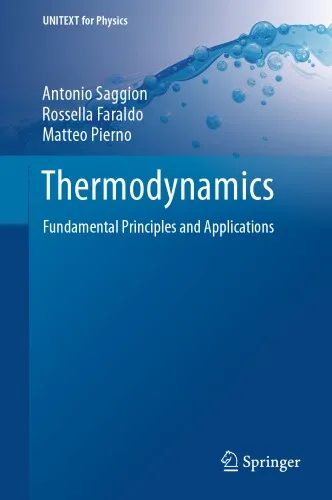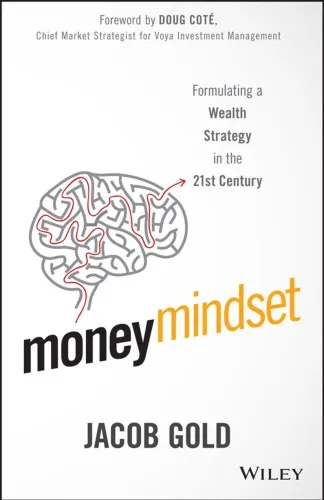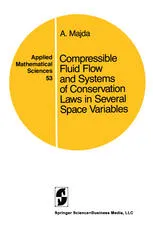The Spirit of the Laws : The Plunder of Wealth in the Armenian Genocide
4.4
Reviews from our users

You Can Ask your questions from this book's AI after Login
Each download or ask from book AI costs 2 points. To earn more free points, please visit the Points Guide Page and complete some valuable actions.Related Refrences:
Introduction
The Armenian Genocide stands as a grim testament to the extremes of human cruelty, marking one of history's darkest chapters. "The Spirit of the Laws: The Plunder of Wealth in the Armenian Genocide" delves deep into the systematic economic disenfranchisement and plunder that accompanied the physical annihilation of the Armenian people in the Ottoman Empire during World War I. Authored by Taner Akçam and Ümit Kurt, this book meticulously uncovers the complex interplay of laws, bureaucratic measures, and social dynamics that facilitated the economic aspect of the genocide, revealing it as a pivotal component of genocidal processes.
Detailed Summary of the Book
The book unfolds against the backdrop of the Ottoman Empire's deteriorating condition in the late 19th and early 20th centuries. As the empire faced existential threats, it conceived policies that targeted the minority Armenian population under the guise of national security. However, beyond mass deportations and killings, there existed a more insidious motive—economic enrichment through the confiscation of Armenian properties and wealth.
The narrative explores the legal and administrative frameworks that were instrumentalized to legitimize and facilitate the seizure of Armenian properties. These included provisional laws, decrees, and local governance practices that were adapted to ensure the thorough plunder of the Armenian community's wealth. This plunder was not an anomalous by-product of wartime chaos but a well-orchestrated scheme that involved various layers of society—from government officials to local actors who saw opportunities to enrich themselves.
Akçam and Kurt meticulously chart these processes, drawing from primary sources such as state archives, undercover communications between officials, and survivor testimonies. The authors provide an illuminating account of how the displacement of Armenians was considered incomplete without the destruction of their capacity to return or rebuild—achieved through economic dispossession.
Key Takeaways
- The Armenian Genocide encompassed not only physical annihilation but also economic plunder.
- Legal mechanisms played a critical role in facilitating the expropriation of Armenian properties.
- Understanding the economic dimensions of the genocide provides a more comprehensive view of the events.
- The genocide had lasting impacts on the socio-economic landscape of the region.
Famous Quotes from the Book
"The Armenian Genocide was not merely a crime against humanity but a crime against a people's right to wealth, property, and self-sustenance."
"The silence around the economic plunder of the Armenians is one of history's most enduring injustices."
Why This Book Matters
This work is a seminal contribution to genocide studies, adding depth to our understanding of the Armenian Genocide's comprehensive impact. By focusing on the economic dimensions, Akçam and Kurt challenge the conventional narratives that often overlook the interconnectedness of material destruction and mass violence. The book serves as an essential resource for historians, legal experts, and anyone interested in the broader implications of genocidal processes. It offers critical insights into how displacement and disenfranchisement are utilized as tools of genocide, underscoring the need for recognition and justice for the Armenian community's suffering.
Free Direct Download
You Can Download this book after Login
Accessing books through legal platforms and public libraries not only supports the rights of authors and publishers but also contributes to the sustainability of reading culture. Before downloading, please take a moment to consider these options.
Find this book on other platforms:
WorldCat helps you find books in libraries worldwide.
See ratings, reviews, and discussions on Goodreads.
Find and buy rare or used books on AbeBooks.
